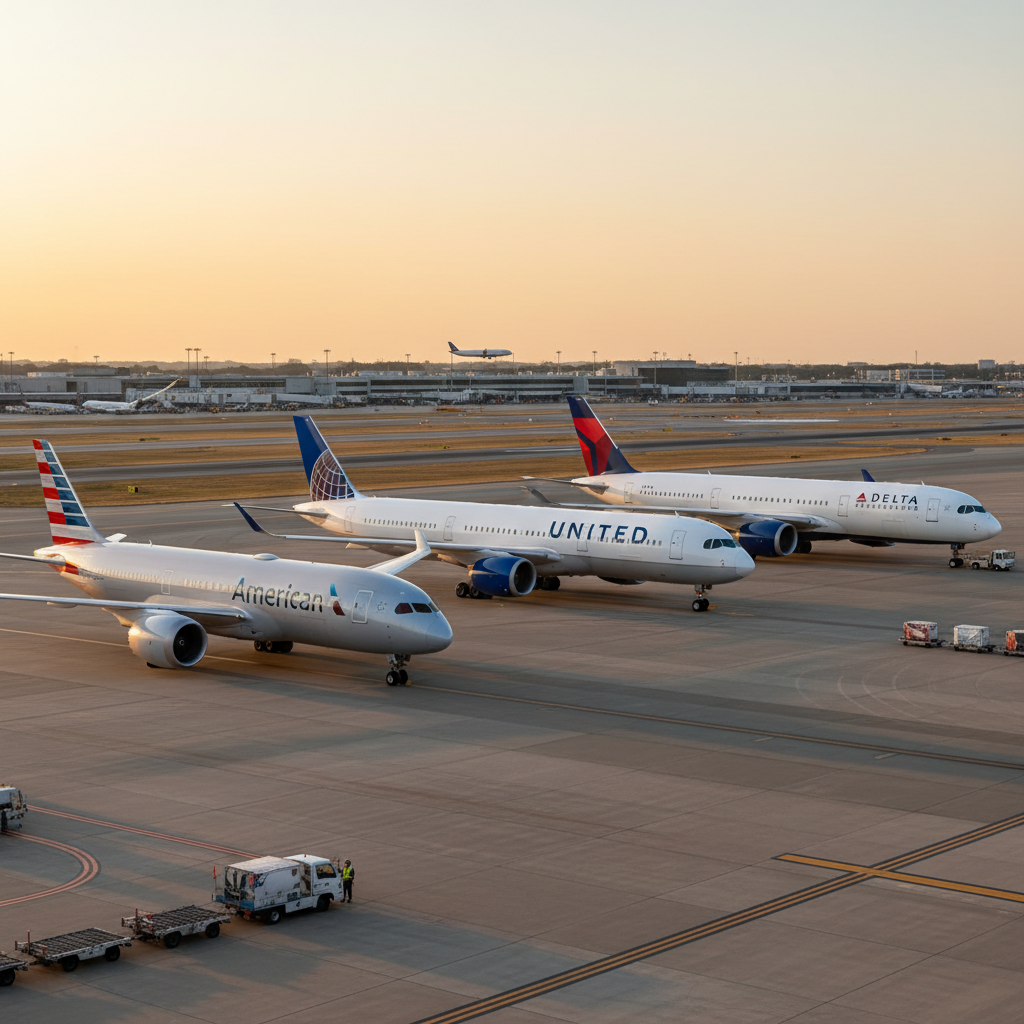Physical Address
304 North Cardinal St.
Dorchester Center, MA 02124
Physical Address
304 North Cardinal St.
Dorchester Center, MA 02124
Global aviation news tracker
Global aviation news tracker

Three US network carriers are betting on new, fuel-efficient jets to seize the 2025 market.
On September 15, American Airlines, United Airlines and Delta Air Lines each published aggressive fleet renewal strategies that lean into next-generation, fuel-efficient aircraft and green operating targets. The three carriers aim to improve operational efficiency and lower emissions as they jockey for market share across the United States.
The announcements make fleet renewal the central theme ahead of 2025, with all three operators emphasizing lower fuel burn, improved seat-mile economics and long-term sustainability goals. While the carriers stopped short of releasing exact delivery counts in their public statements, each highlighted multi-year procurement plans and partnerships with aircraft manufacturers and engine suppliers.
Fleet renewal matters because newer airframes and engines cut fuel use and maintenance costs, boosting margins on both short-haul and long-haul routes. For passengers, carriers say the upgrades should mean quieter cabins, improved onboard connectivity and a smaller carbon footprint per seat. Regulators and investors are watching closely as airlines balance cost, capacity and environmental commitments.
Expect competition to intensify on domestic trunk routes and premium transcontinental sectors as American, United and Delta position refreshed fleets against low-cost and global rivals. The moves also underline the industry’s push toward Sustainable Aviation Fuel (SAF) and carbon reduction targets, even as carriers juggle delivery schedules and capital spending priorities.
In short, the September 15 disclosures mark a clear turning point for US carriers: a coordinated shift to newer technology that will shape route networks, fares and sustainability claims heading into 2025.